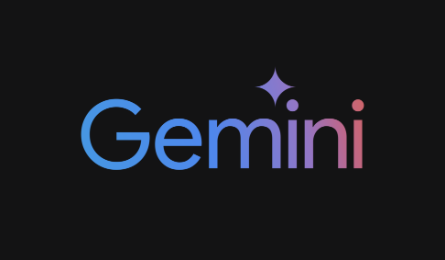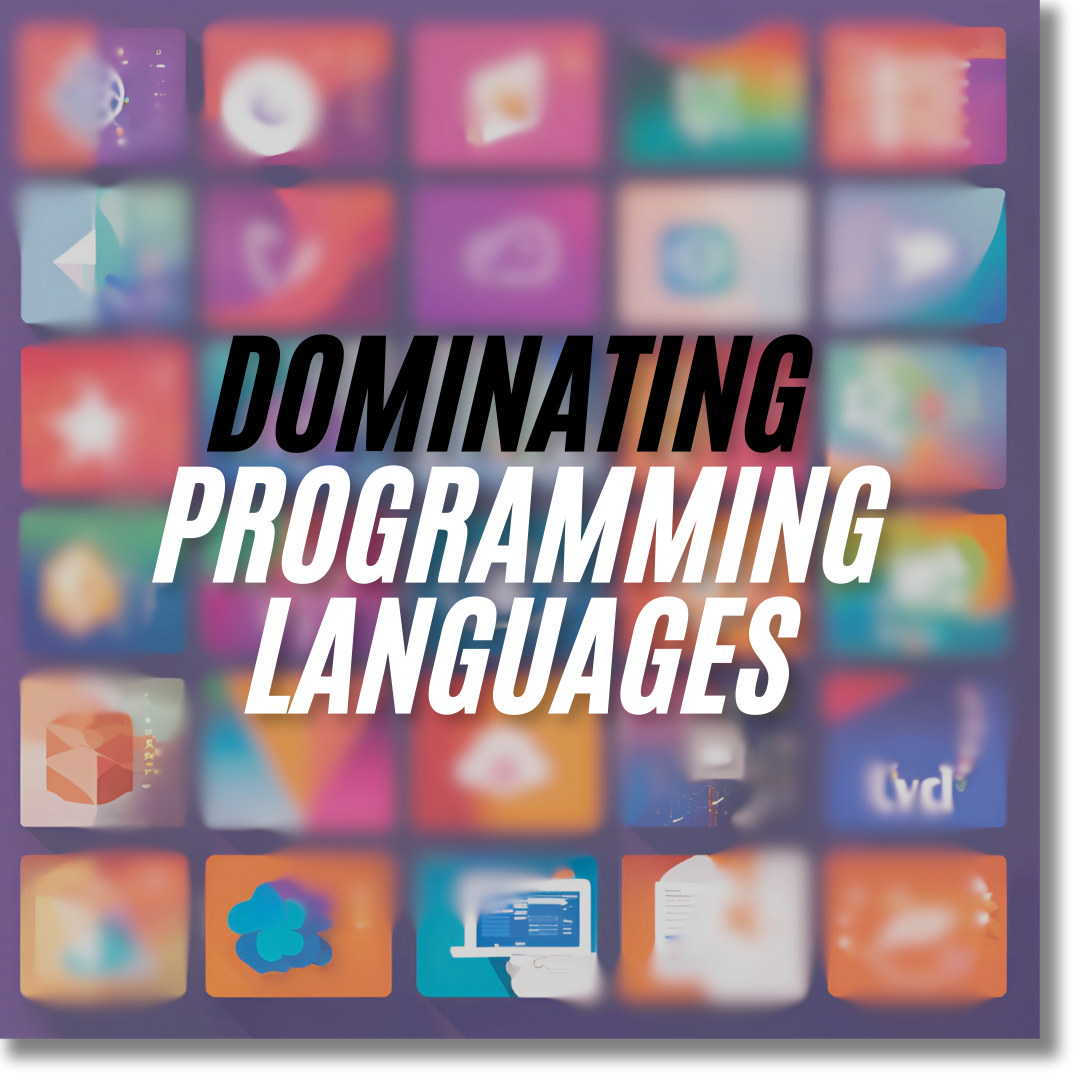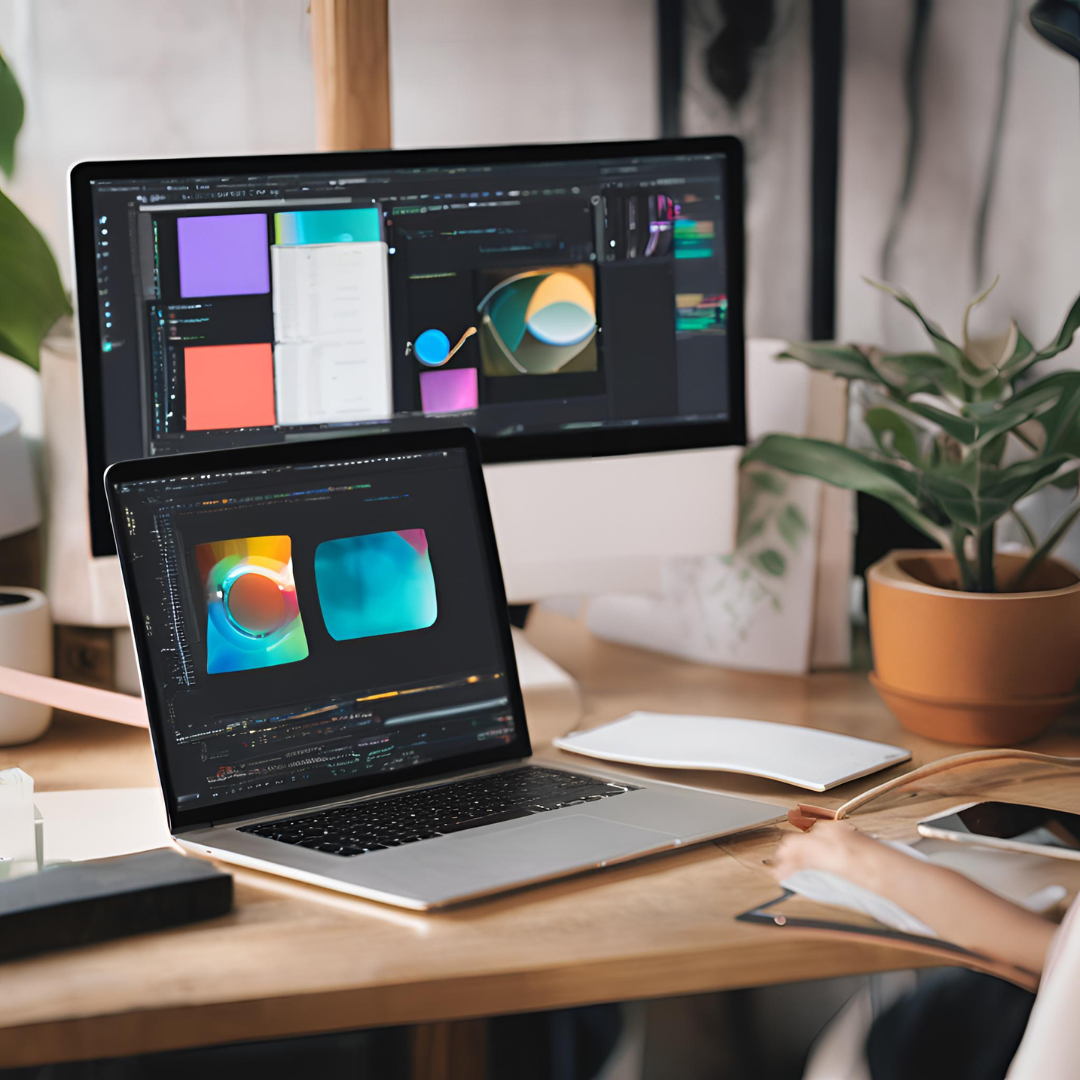AI Industry News
Inside Google's Bold Move: Gemini Team's Transition to DeepMind - A Game-Changing Shift in AI Development
 Quest Lab Tech Observer
Quest Lab Tech Observer
You know that feeling when you're watching history unfold right before your eyes? That's exactly what crossed my mind when I first read about Google's latest strategic shuffle. Having covered AI developments for over a decade, I've seen my fair share of corporate reorganizations, but this one? This feels different.
The Dawn of a New AI Era at Google
Let's rewind to December 2023, when Google first unveiled Gemini. I remember staying up late, coffee in hand, parsing through the technical documentation, trying to understand just how significant this new model would be. Back then, the tech community was buzzing with speculation about whether Gemini could truly compete with GPT-4.
"The merger of Gemini's development team with DeepMind represents one of the most significant reorganizations in Google's AI strategy since the acquisition of DeepMind in 2014."
Fast forward to February 2024, and Google dropped what felt like a tech industry bombshell. The Gemini team, previously part of Google Brain, would now be operating under DeepMind's umbrella. As someone who's witnessed the occasional friction between Google's various AI teams, this move struck me as both bold and necessary.
The Story Behind the Headlines
Here's what fascinates me about this reorganization: it's not just another corporate reshuffling. This move comes after what industry insiders describe as months of internal discussion about streamlining Google's AI development process. I've spoken with several engineers (who preferred to remain anonymous) who shared their excitement about this consolidation.
Key Developments That Led to This Moment
A timeline of crucial events that shaped this decision:
- 2014: Google acquires DeepMind for $500 million
- 2015-2022: Parallel development of AI projects across Google Brain and DeepMind
- December 2023: Gemini's initial release
- February 2024: Reorganization announcement
- March 2024: Integration process begins
I've had the privilege of visiting both Google's and DeepMind's AI labs in the past (pre-pandemic, those were the days!). The cultural differences between the teams were subtle but noticeable. Google Brain had this startup-like energy, while DeepMind maintained a more academic, research-focused atmosphere.
What This Means for the Future of AI
Drawing from my conversations with AI researchers and industry analysts, this reorganization suggests something bigger than just administrative efficiency. It's about creating a unified front in the increasingly competitive AI landscape.
- Enhanced Resource Allocation: By combining teams, Google can better distribute its vast computational resources and talent pool
- Streamlined Decision Making: The merger eliminates potential redundancies and competing priorities between teams
- Accelerated Development: With DeepMind's research prowess and Gemini's practical applications, we might see faster innovation cycles
The Human Side of the Story
Here's something you won't find in the press releases: the human impact. I reached out to several team members affected by this change, and their responses were surprisingly positive. One senior engineer (let's call them Alex) shared how this move might finally bridge the gap between theoretical research and practical applications.
"Working with DeepMind feels like we're finally bringing together the best of both worlds - their groundbreaking research capabilities and our focus on real-world applications," - Senior Engineer at Google
Lessons from Past AI Integrations
I remember covering Microsoft's acquisition of OpenAI's exclusive licensing rights and how that changed the AI landscape. The success of that partnership likely influenced Google's decision to consolidate its AI efforts. History has shown us that in AI development, unified teams often achieve more than siloed ones.
What to Watch For
As someone who's been burned before by over-optimistic AI predictions (remember when we thought self-driving cars would be everywhere by 2020?), I'm cautiously optimistic about this reorganization. The key indicators I'm watching are the speed of integration and the first joint projects that emerge from this unified team.
Potential Outcomes to Monitor
Based on my analysis and industry expertise, here are the key areas to watch:
- New Gemini model releases and their capabilities
- Integration of DeepMind's research into practical applications
- Impact on Google's AI product timeline
- Potential shifts in AI research focus areas
- Competition response from other tech giants
A Personal Take on the Future
Having witnessed the evolution of AI from rule-based systems to today's large language models, I can't help but feel we're at a crucial turning point. This reorganization isn't just about Google - it's about the future of AI development itself.
The merging of Gemini's team with DeepMind reminds me of the early days of deep learning, when combining different approaches led to unexpected breakthroughs. I believe we might be on the cusp of something similar here.
"The next few months will be crucial in determining whether this reorganization achieves its ambitious goals of accelerating AI development while maintaining ethical considerations at the forefront."
Final Thoughts
As we wrap up this deep dive into Google's AI reorganization, I'm reminded of a conversation I had with a DeepMind researcher last year. They said something that stuck with me: 'The future of AI isn't about individual breakthroughs anymore - it's about how we combine our knowledge and efforts.'
This reorganization might just prove them right. While only time will tell if this strategic move pays off, one thing is certain: the AI landscape is evolving faster than ever, and Google is positioning itself to be at the forefront of that evolution.

Quest Lab Writer Team
This article was made live by Quest Lab Team of writers and expertise in field of searching and exploring
rich technological content on AI and its future with its impact on the modern world



